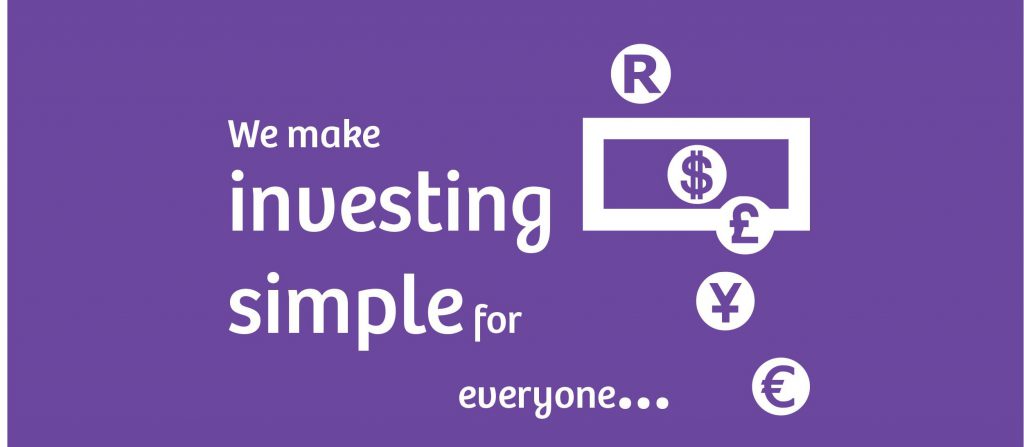ABCs to ETFs: Getting to know your investment terms
One of the best ways to “make your money work for you” is to invest it wisely, but many of us are simply too afraid to take the plunge or else don’t know where to invest because of a lack of financial education. April is Financial Literacy month, so what better time than to shed light on financial education – specifically around the often-misunderstood world of investing.
According to a study released by the Financial Services Board, South Africa currently has a financial literacy rate of 51%. Although this places us on a par with a number of developed countries and higher than many contemporary developing nations, it indicates that there is plenty of opportunity for us to become more financially literate.
Being financially fit takes us a step closer towards being savvy and responsible with our money. The recent increase in VAT, the petrol levy and the sugar levy mean that our wallets have been hit and we face a more constrained financial future. This makes it increasingly important to be equipped with tools that will help us navigate these tougher times.
Lance Solms, Managing Director at Itransact, shares some investment terms related to index funds that will help fill the piggy bank of financial literacy and assist more of us start or take the next step on our investment journey:
Index Funds
Index funds are passively managed unit trusts that track indices by holding the physical assets of the indices they track. These are traded like shares on a stock exchange. Index funds may track one or more domestic or international equity, bond, property, commodity and money market indices.
Index Fund Portfolios
Portfolios are discretionary managed portfolio products that track the market by investing in a basket of low cost index funds. These baskets represent domestic and international money market, fixed income, property and equity indices according to an asset allocation model that is risk adjusted.
Tax Free Savings Account
Tax-free savings account is an effective way to save for your goals, because any interest, dividends or capital gains will be free of tax. A TFSA may contain one or more selected passively managed index funds that track indices by holding the physical assets of the indices they track. These are traded like shares on a stock exchange.
Retirement Annuity
Retirement annuities are low cost, penalty free investment products which track the market according to pension fund regulations. This is achieved by investing in a basket of low cost index funds which represent domestic and international money market, fixed income, property and equity indices.
Preservation Fund
Preservation funds are low cost, penalty free investment products which preserve pension fund assets when one changes jobs. They track the market according to pension fund regulations. This is achieved by investing in a basket of low cost index funds which represent domestic and international money market, fixed income, property and equity indices.
Living Annuity
Living annuities let you choose and switch between low cost, penalty free, risk adjusted index portfolios. These track the market by investing in a basket of low cost index funds which represent domestic and international money market, fixed income, property and equity indices according to an asset allocation model that is risk adjusted. Beneficiaries nominated by you receive the residual value, free of any estate duty, on the death of the annuitant.
“Investing terms – like anything else related to financial education – requires extensive research and time to study in order for you to get fully immersed and understand them. Speaking to your financial advisor should be the first step in getting to grips with your financial terms and beginning to build a strong foundation that will allow you to make savvy investments that truly make your money to work for you,” concludes Solms.



